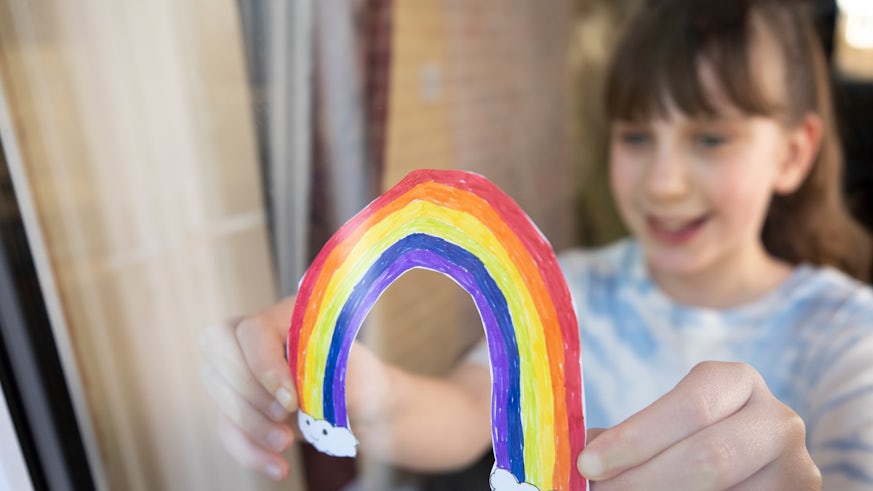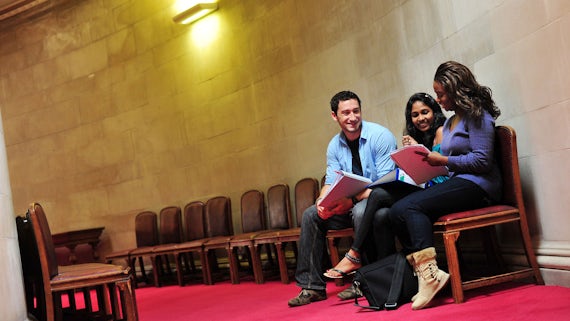How have children adapted to life during COVID-19?
27 May 2020

Children’s experiences of life during the COVID-19 pandemic are to be investigated by researchers.
The study, by Dr Justin Spinney and Dr Matluba Khan of Cardiff University and Muntazar Monsur of Texas Tech University, aims to find out what kinds of activities children and young people have been doing during the pandemic and how they have adjusted to the huge changes brought on by the lockdown.
Youngsters aged seven to 14 are being invited to complete a seven-day activity diary, as well as information on where they live and their family. The data will form part of an international study which includes four other countries: USA, Taiwan, Singapore, and Bangladesh.
Dr Justin Spinney, based at the University’s School of Geography and Planning, said: “Life for children has altered dramatically since the COVID-19 lockdown began. Away from school and separated from friends and wider family, the types of activities children are able to engage in may be affecting their social development and wellbeing. Social inequalities, access to technology and outdoor spaces are all likely to have had an impact.
“Gathering first-hand accounts from children will give us the clearest insights into the factors that have enabled them to cope in this difficult period. We hope parents, teachers and children will help spread the word about the diary so that our research is as wide-reaching as possible.”
Participants will be recruited opportunistically using social media, schools and word-of-mouth. The diary is available online and hard copies can also be distributed on request. Once completed, children can download a copy and a certificate of participation as a future reminder of what they were doing during lockdown.
Dr Matluba Khan said: “Children have faced huge challenges in recent weeks as they get used to a completely new way of life. The activities they can take part in and how well they are able to stay connected to others will have played major roles in how they have responded to these changes.
“By gathering this data we hope to understand what access children have to outdoor spaces and technology, how their activities and social relationships have changed during lockdown, what control they have over their activities, and how this differs from country-to-country.”
The research will be used to inform future urban planning policies, to ensure that children have access to the right resources to maximise their resilience in normal daily life and in the face of any future social restrictions. Academics are hoping to have captured data from all countries by July.
Take part in the survey, or for a paper version, email spinneyj@cardiff.ac.uk or khanm52@cardiff.ac.uk, with details of where it should be sent. Parental consent, as well as that of the child, is required.
Share this story
The School applies critical thinking and practical knowledge in solving economic, environmental and social problems to address the grand challenges faced by human societies and places today.



